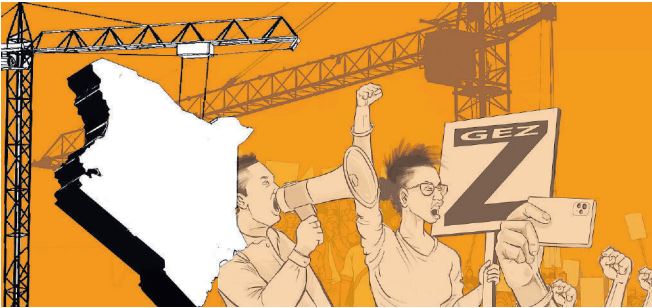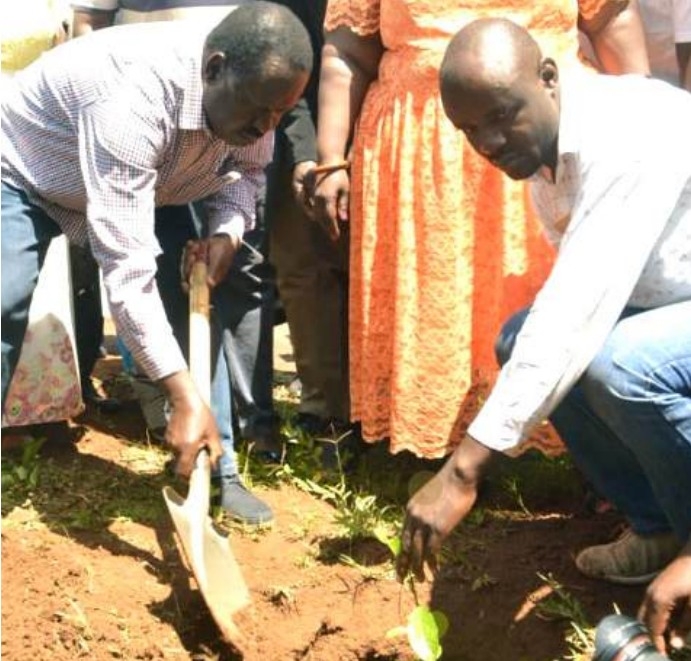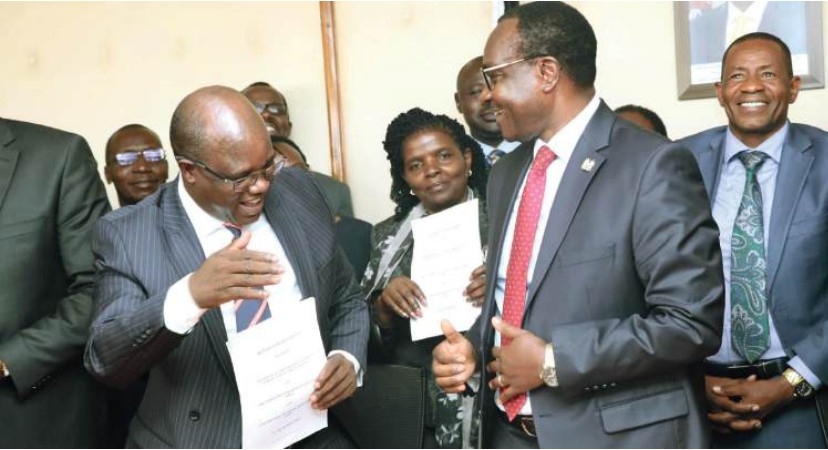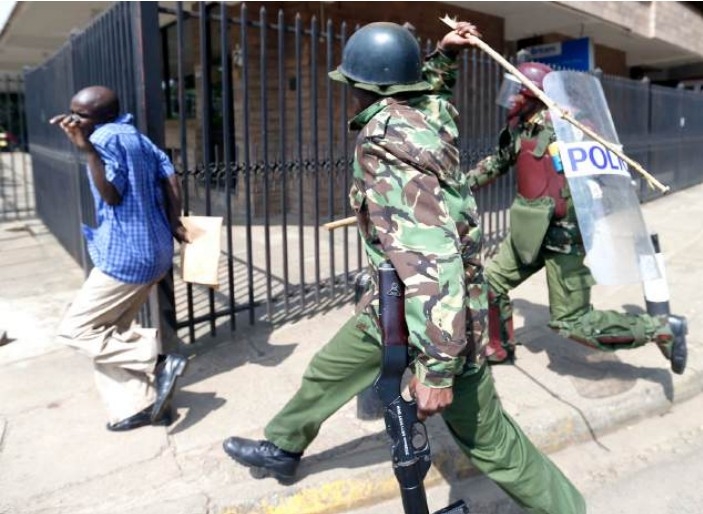As Kenya marks the one-year anniversary of the explosive Gen Z demonstrations, which shook the country to the core in 2024, one keeps reading that this is the event which changed the country for good.
This may well be the case. But so far, the evidence is not conclusive. Epic political drama may well be a sign that real change is on the way. But it may also merely signal that an influential group within the country is blowing off steam, and that things will “return to normal” in the near future.
Whatever may be the truth in this, it is undeniable that Kenya seems to undergo some kind of fundamental political change every 30 years or so.
And by this metric, we are due for a major change right about now.
More on that in a minute.
I first want to emphasise that what is not often understood within the country, is that such fundamental change often occurs in response to events outside Kenya and is not primarily initiated by what is done by Kenyans internally. And Kenyan activists tend to succeed if they take advantage of shifts in global politics.
Now let me explain:
In most of the analyses of our march towards independence in the 1950s and leading to the 1960s, what is most often emphasised is such political drama as the Mau Mau insurrection, in which dreadlocked militias in Central Kenya rose to defy the might of the British Empire.
Others emphasise 'The Kapenguria Six' – leading Kenyan political figures, who were subjected to what amounted to a kangaroo court, pre-committed to providing justification for detaining them indefinitely.
But in the end none of these legalistic shenanigans could resist “the winds of change” – that phrase actually being the one used by the British Prime Minister of the time, Harold McMillan, in a speech to the South African parliament in 1960 in which he warned all British “settlers” who had made a life for themselves on the African continent, that the British government would from then on be pursuing a policy of “decolonisation”.
Consider that various British colonies on the continent, such as Ghana, Nigeria, Zambia, Malawi, Uganda and Tanzania, all gained their independence without a single shot being fired.
This reveals that – heroic as those brave men and women who fought to liberate us may have been – the real foundation for our independence was laid by a change of policy in London.
Thirty years later, fundamental political change came again in the form of the return to multiparty politics, when our longserving president Daniel Moi (merely an “authoritarian” to his friends; but an “iron-fisted dictator” to his critics) was obliged to end Kenya’s legal status as a single party state, and permit those whom he had thrown out of the ruling party, Kanu, to mobilise against him politically and challenge him in an open electoral contest.
These changes, too, were only possible because of the end of the Cold War between Russia and the US.
As long as the Cold War defined the global realities of America’s relationships with developing nations like Kenya, Moi had been perfectly safe in his unchallenged presidency, as were various key African leaders who identified as leaning towards the US; a group which included genuinely bloodthirsty tyrants like the DRC’s Mobutu Sese Seko.
Moi was to subsequently finagle, not one, but two victories in the multiparty presidential elections that followed, and only hand over power (not having lost an election in a 50-year political career) due to constitutional term limits.
But what made his exit from power possible at all and indeed ended the era in which African presidents were mostly presidents-for-life was the end of the Cold War.
For this brought about the loss of American support for some truly odious African regimes, and the loss of Russian support for other equally odious African regimes.
On the occasions that I have made this argument, I have often been asked, “Are you saying that there are unshakeable patterns in human history which predetermine how events will play out?”
And I have always replied, “Not at all. What is fixed is not history, but human nature – and it is from the actions of individual humans that these patterns emerge. And it would seem that every 30 years or so, the people of Kenya take advantage of global realignments to strive for transformational change”.
So now we come to what is being declared to be yet another transformational change in the way our country is governed. And it is roughly 30 years since our return to multiparty democracy.
But if you want to know if such change will be far-reaching and sustainable, look to events outside our borders, and not to events within them.















![[PHOTOS] How ODM@20 dinner went down](/_next/image?url=https%3A%2F%2Fcdn.radioafrica.digital%2Fimage%2F2025%2F11%2F99d04439-7d94-4ec5-8e18-899441a55b21.jpg&w=3840&q=100)
